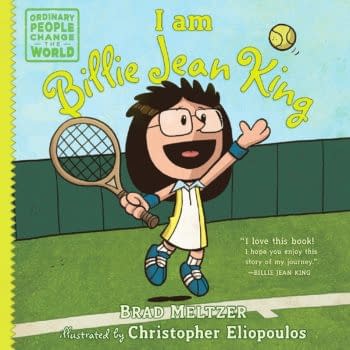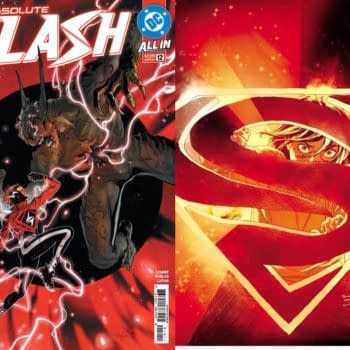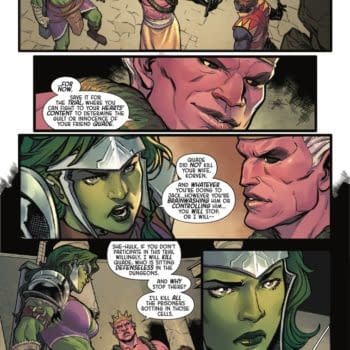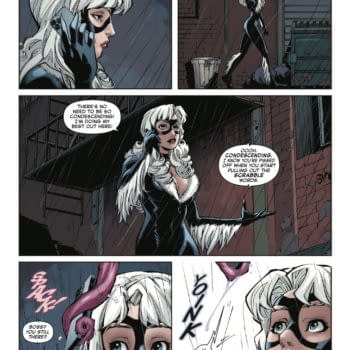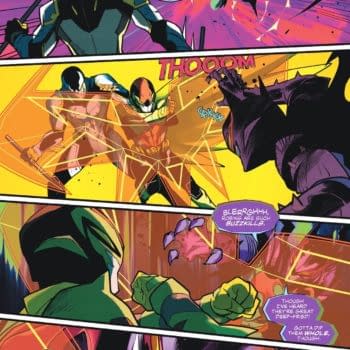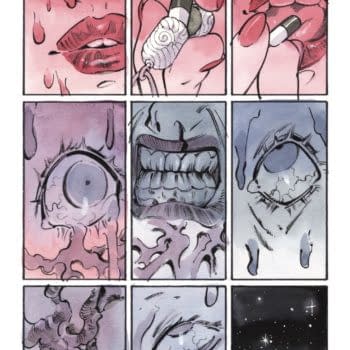Love Addict: Confessions of a Serial Dater is the latest book from Koren Shadmi ( The Abaddon, Mike's Place, In the Flesh), published in July by Top Shelf. I'm familiar with Shadmi's work The Abaddon, from Z2 Comics, and was happy to hear that Shadmi is also currently teaching Illustration at the School of Visual Arts, which has produced so many fine cartoonists and illustrators we've all come to know in the comics community.
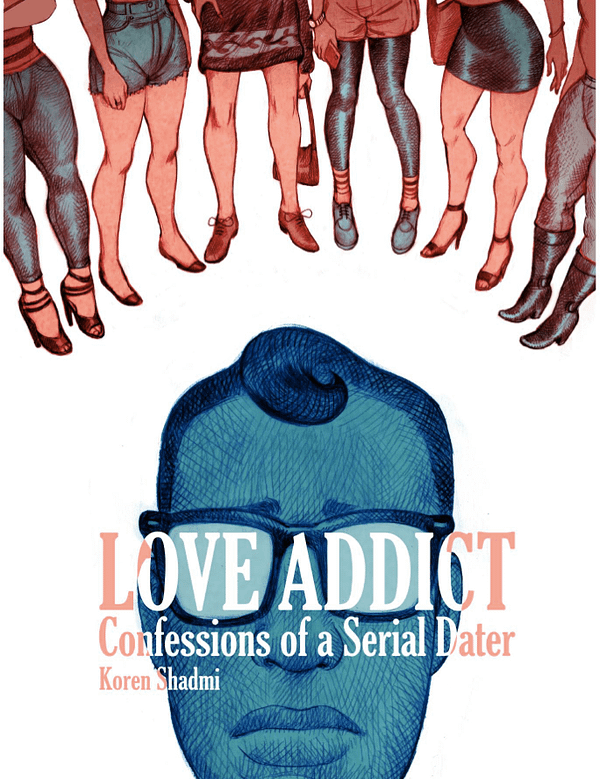
If you've read any of Shadmi's previous works, you might have an inkling that the title of this book is not quite as light-hearted and jovial as it might appear. Like his art style, which relishes soft line-work and an often muted palette suggestive of pencils or pastels, the book does a great deal to draw you into a familiar, modern situation, even a milieu you might recognize if you're a young professional in the city. However, during the progress of the 232 page graphic novel, Shadmi uses many narrative tools quite skillfully to turn up the level of tension and uncertainty in the story and even shift the reader's perception of the central character. I'd venture to say, this is not a book that Shadmi wants you to be entirely comfortable with, and it seems designed to leave a mark on your way of thinking, whether a question mark or some form of stronger statement is left open to interpretation.
This is a raw and explicit book that tracks the love life of a guy interested in women over the course of about two years. The first, quickly moving section of the story is a prologue detailing the birth of a relationship and the messy breakup that occurs between the couple about a year later. The context of the breakup and central character "K's" recovery from it sets the stage for the use of an online dating app, Lovebug, and the way in which it gradually becomes a controlling factor in his life.
Slice of life dating comics have long been a staple of indie sequential art—and Love Addict follows in that tradition, using some of the medium's biggest strengths, like the page turn and episodic repetition, to compare and contrast K's experiences while dating and having sex with various women. Blind dates are natural fodder for humor, encountering people whose interests are eccentric, personalities extreme, or preferences unforeseen. Shadmi takes us off the beaten path a little bit by avoiding clichés in personality type and combining characteristics that you might not see coming, which does a great job of creating an atmosphere where you are squarely on the side of the protagonist and wary of the women he encounters.

This is really necessary because it enables the larger arc of the story to "work" on the reader, an arc where K begins to show increasingly jaded behavior and act in ways where it's not as clear that he's a protagonist you want to identify with. You're laughing along with him for a substantial portion of the book, sympathizing with his fear that he can't live up to an overly demanding lover's expectations, or agreeing that some women he dates are too emotionally intense. But as time progresses, and as K's dependency on the app to fill his free time increases, you begin to see K going through the motions, and even possibly becoming more predatory. Shadmi presents us with a few specific moments that could be read as milestones in an addict's progress into unthinking dependency. And yet he leaves them to the reader to interpret in their own way. Is he really an "addict" or is that just a euphemism? Is he a "serial" anything? Isn't that word usually attached to criminal activity, like "serial killer"? It remains open-ended in many ways.

That's a virtue of the book. It is not a didactic work meant to teach some overarching moral lesson, nor a cautionary fable to show how the easily led urbanite might slip into moral or ethical decay. In fact, after reading Love Addict and describing it to a friend, they asked me if it was some kind of statement about falling into the wrong kind of lifestyle, meant as a warning. I found myself very much arguing that the opposite was true. There are only a handful of brief "moments" in the course of the book where the reader is posed with an opportunity to pass judgment or observe a turning point and consider possible outcomes.
At those times, an overarching perspective seems carefully absent. It would have been all too easy for Shadmi to hit the nail on the head of judgment upon his characters, and avoiding that must have been the result of deliberation and thought. If Shadmi had presented judgment more overtly, it would have greatly diminished the artistic statement of this book, which holds up a mirror to our lives in this decade and century very well. No doubt, Shadmi's goal is to pose questions, but he does not answer them for you, and that shows a great deal of tact and wisdom.

In diving fairly deeply into the trajectory of the book, it's easy to leave out a discussion of Shadmi's artwork and visual storytelling choices. Some of the things that make this book accessible are his energetic linework that so deftly conveys anxiety, and focusing in on small details for an entire panel if necessary to hit the right emotional beat. His use of real locations, seasonal settings, and varied choices in conveying the role of technology visually help keep a story built around repetition fresh and engaging. The artwork is also layered with the texture of lived experience that readers will recognize and appreciate, making this a larger story in many ways than one might expect. These features have the added affect of further stalling the reader in leaping to easy judgment upon the characters since the story feels realistic rather than fable-like.
Love Addict is a book that avoids re-treading common ground in dating narratives by creating a central character who the reader becomes complicit with and they therefore have a hard time distancing themselves from him as his behaviors become less recreational and more driven. At the same time, it becomes a book that's hard to put down because of the kinds of questions Shadmi is posing. You find you can't look away in the same way that our main character can't seem to close his dating account.
The book is a "confession" and the reader is encouraged to mull over K's life choices in the same way they might privately mull over their own, even if they never admit to it openly.

Love Addict: Confessions of a Serial Dater is currently available from Top Shelf.










